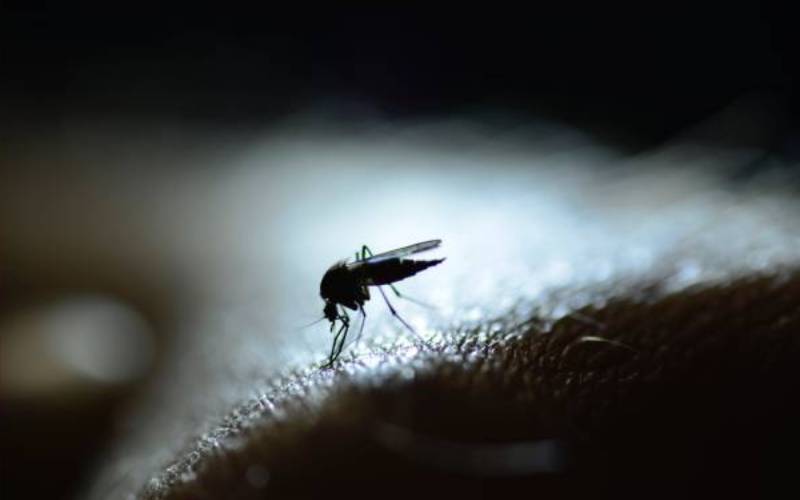
The fight against Malaria has received a major boost following the development of a four-year Regional Malaria Strategic Plan.
The Great Lakes Malaria Initiative (GLMI), East Africa Community (EAC) Sectoral Council of Ministers responsible for health has approved the costed Great Lakes Malaria Initiative Strategic Plan 2021-2025.
The plan provides a unique opportunity for EAC and the Democratic Republic of Congo to engage in joint efforts to strengthen cross-border collaboration to eliminate malaria while building on the respective country's efforts.
The document which is set to be launched today in Busia county ahead of Malaria Day is said to be a game-changer in the Malaria endemic zone.
World Health Organization (WHO) estimated that each year, mosquitoes are responsible for nearly one million deaths globally, with malaria — the major culprit — causing over 600,000 deaths in 2020.
According to the World Malaria Report, by WHO 2019, about 228 million cases of malaria occurred worldwide in 2018, with 93 per cent in Africa.
During the same year, an estimated 405,000 deaths occurred globally. Malaria remains endemic across the East African Community (EAC) block together with the Democratic Republic of Congo (DRC).
These collectively makes the Great Lakes Region of Eastern and Central Africa encompassing Burundi, DRC, Kenya, Rwanda, South Sudan, Uganda, and the United Republic of Tanzania, contributing to a significant proportion of malaria burden worldwide.
In 2018, the eight territories contributed an estimated 61,216,393 out of 228,000,000 cases which is 26.8 per cent of all reported malaria cases worldwide and 105,502 out of 405,000 deaths, accounting for 26 per cent of mortality due to malaria in the world.
These countries together, by July 2019 had an estimated population of 276,859,212, accounting for 3.6 per cent of the total world population.
According to Dr Jonathan Ino, the chief officer of public Health and Sanitation Busia County the strategic plan is key to establishing and sustaining a regional coordination, partnership and accountability mechanism for cross-border malaria control and elimination.
“The plan will help to establish the malaria surveillance, preparedness, and response mechanism for the cross-border areas,” Ino said.
Dr George Githuka, the Head, Division of National Malaria Program, Ministry of Health, observed that a large portion of the malaria burden is driven by difficult-to-reach communities and migrant populations living in border areas.
“Cross-border malaria is a recurrent issue due to unregulated migration, weak health delivery systems, and lack of coordination along the border districts in Malaria elimination countries,” said Dr Githuka adding that focusing on cross-border malaria elimination is a priority to achieve the 2030 malaria elimination target and beyond.
Lilies Njanga, the Malaria No More UK Africa Director said ending malaria requires regional governments to enhance the capacity of institutions to comprehensively deal with the disease as well as integrate economic and social interests as a “large portion of the malaria burden is driven by difficult-to-reach communities and migrant populations living in border areas.”
Njanga added that cross-border malaria is a recurrent issue due to unregulated migration, weak health delivery systems and lack of coordination along the border districts in malaria elimination countries.
She observed support for sustainable coordinated regional cross-border initiatives is needed to speed up reductions of malaria cases and deaths and accelerate malaria elimination in the countries and sub-regions.
 The Standard Group Plc is a multi-media organization with investments in media
platforms spanning newspaper print
operations, television, radio broadcasting, digital and online services. The
Standard Group is recognized as a
leading multi-media house in Kenya with a key influence in matters of national
and international interest.
The Standard Group Plc is a multi-media organization with investments in media
platforms spanning newspaper print
operations, television, radio broadcasting, digital and online services. The
Standard Group is recognized as a
leading multi-media house in Kenya with a key influence in matters of national
and international interest.











